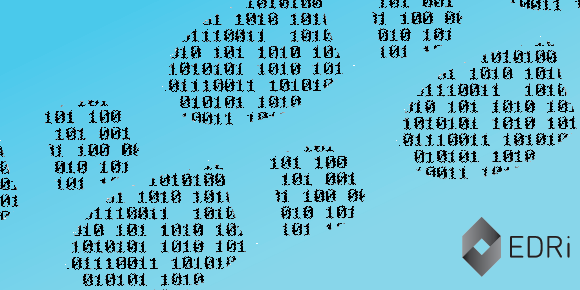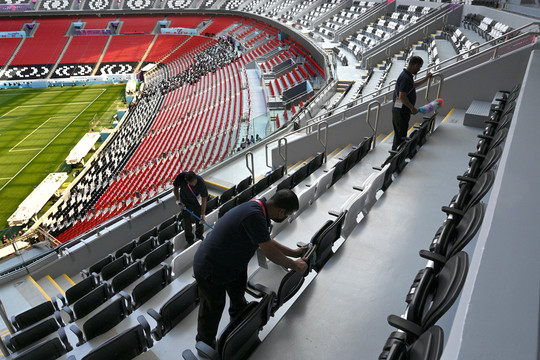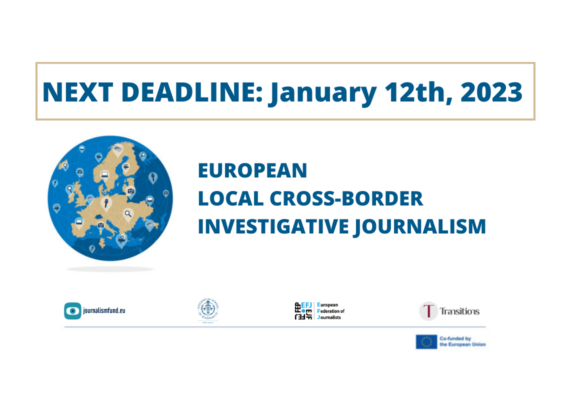Belarus: send a letter to journalists in prison
On this Day of Solidarity with Political Prisoners in Belarus, the European Federation of Journalists (EFJ) joins its affiliate the Belarusian Association of Journalists (BAJ) in encouraging you to send a letter to the 32 journalists and media workers currently in prison in Belarus. 27 November marks the Global Day of Solidarity with Belarusian Political Prisoners. The number of political prisoners in Belarus is growing with now near 1,450; up from 1,000 in February. The war in Ukraine and solidarity of Belarusians and civil society with Ukraine grant new reasons for the Lukashenka’s regime to target ordinary civilians and journalists.…






















